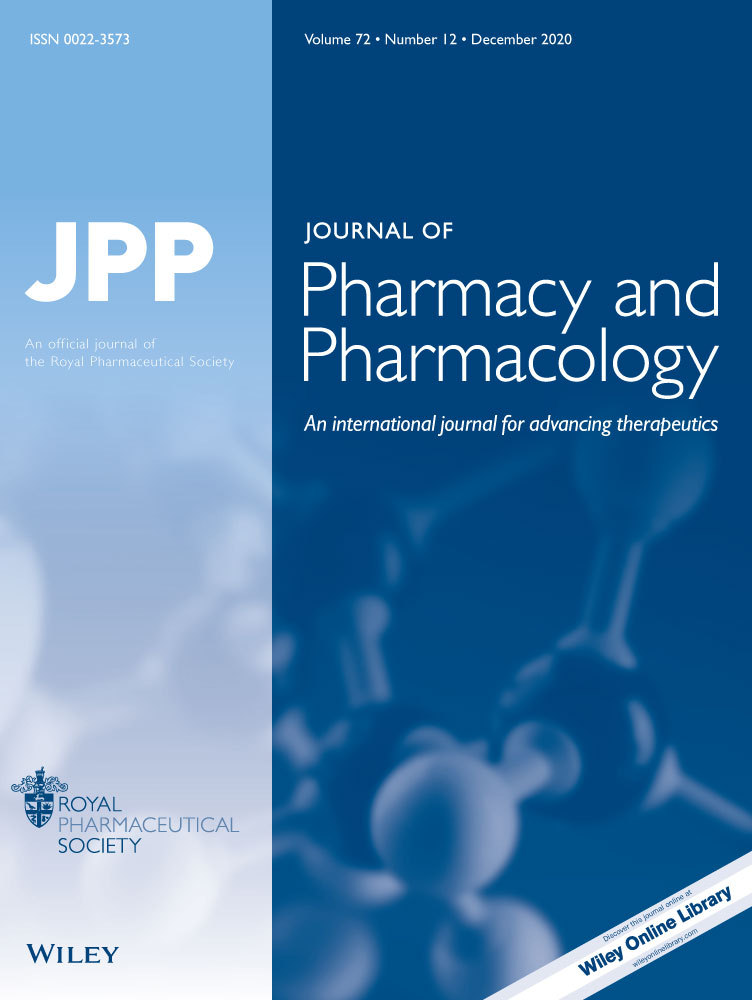Immunomodulatory effect of Schizonepeta tenuifolia water extract on mouse Th1/Th2 cytokine production in-vivo and in-vitro
Abstract
Schizonepeta tenuifolia (ST) is a major herbal constituent included in treatments for the common cold with fever, ostitis media and other skin inflammations. The present study investigated the effect of ST water extract on the pattern of cytokine production from activated T cells in-vivo and in-vitro. When ST (200 mgkg−1) was given orally to mice for 7 days before i.v. injection of anti-CD3 antibody, it significantly decreased mRNA levels of interleukin (IL)-4, interferon (IFN)-γ and T-bet. Our flow cytometric analysis showed that ST administration significantly increased CD69 expression but showed little effect on the subsets of T cells. When we cultured mouse CD4 T cells under Th1/Th2 differentiation in the presence of ST, the suppressive activity of ST on IFN-γ involved T-bet, but the downregulation of IL-4 occurred independently of the Th2 transcription factors GATA binding protein 3 (GATA-3) and c-Maf. However, it increased IL-2 secretion during Th1/Th2 differentiation. Our study demonstrates that ST regulates inflammatory responses by reducing the release of Th1 and Th2 cytokines from T cells and prevents unprimed CD4 T cells from differentiating into Th1 and Th2 cells.




